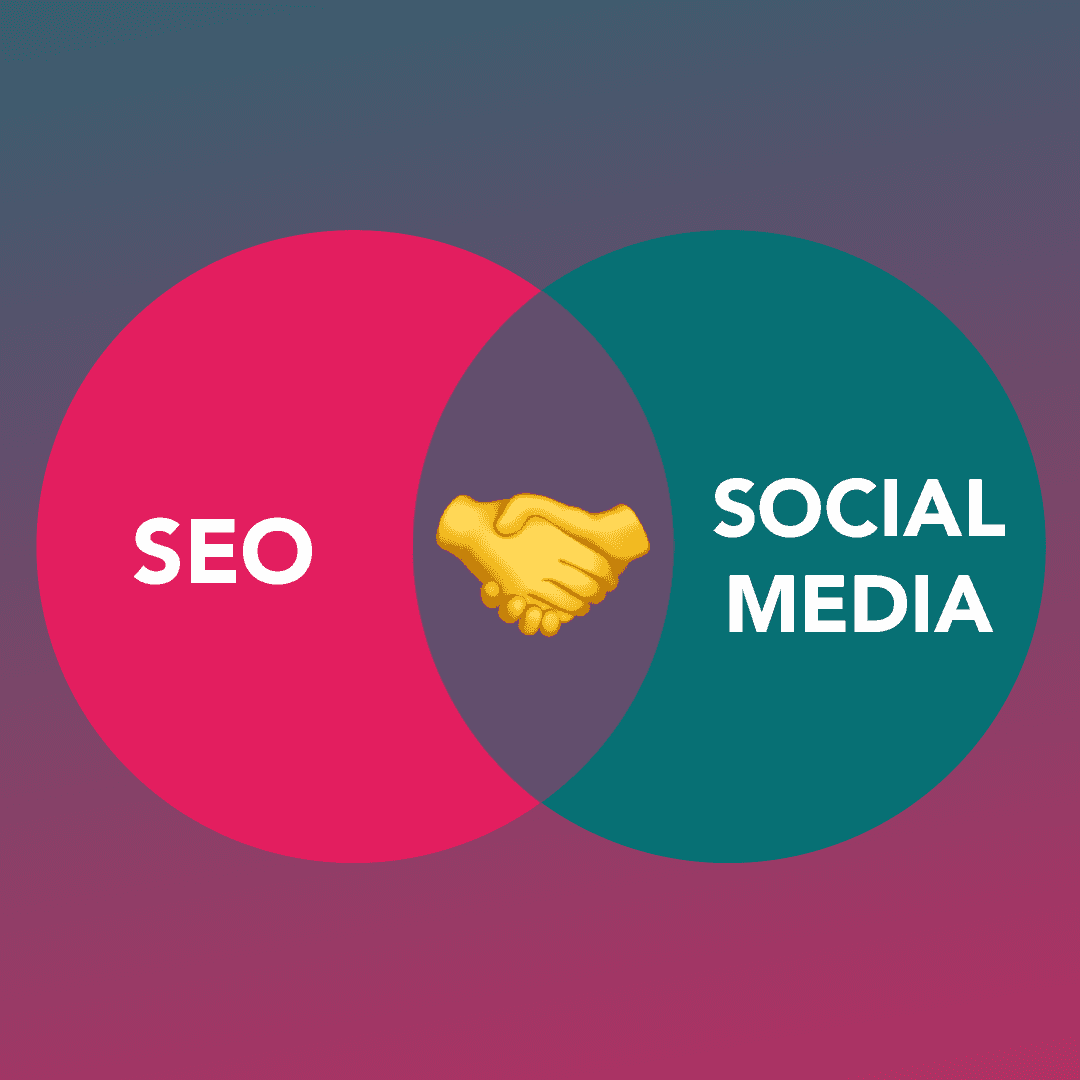Social Media Marketing and SEO
Social media marketing and SEO are two important strategies for promoting a business or brand online.
Social media marketing involves using platforms like Facebook, Twitter, Instagram, and LinkedIn to connect with customers and promote products or services. This can include creating engaging content, running promotions and contests, and interacting with customers to build a strong online community.
SEO, or search engine optimization, involves optimizing a website to rank higher in search engine results. This can include using keywords in website content and meta tags, building backlinks from other websites, and optimizing website structure and design. By improving a website's SEO, businesses can increase their visibility in search engine results and attract more traffic to their site.
Using both social media marketing and SEO together can be an effective way to reach and engage with customers. Social media can be used to drive traffic to a website, while SEO can help to improve the visibility of a website in search engine results. Additionally, by creating engaging and shareable content, businesses can improve their social media reach and attract backlinks, which can help to improve their SEO.
However, it's important to note that both Social media marketing and SEO are constantly evolving, so it's essential to stay up to date with the latest best practices and trends. It's also important to note that success in both social media marketing and SEO requires a consistent effort over time and a deep understanding of your audience and their behaviors online.
Social Media Marketing:
Social media platforms have become one of the most popular ways for businesses to connect with customers and promote their products or services. Some of the key benefits of social media marketing include:
-
Increased brand awareness: Social media platforms can help businesses to increase their visibility and reach a wider audience.
-
Improved customer engagement: Social media platforms provide businesses with a direct line of communication to customers, which can help to build trust and loyalty.
-
Greater reach: Social media platforms can help businesses to reach a global audience with relative ease.
-
Cost-effective: Social media marketing can be a cost-effective way to reach a large audience without having to spend a lot of money on advertising. However, in order to be successful with social media marketing, businesses need to have a solid strategy in place. This can include:
-
Defining specific goals: Businesses should have a clear idea of what they want to achieve with their social media marketing efforts.
-
Creating engaging content: Businesses should create high-quality, engaging content that resonates with their target audience.
-
Building a community: Businesses should focus on building a strong community of followers and engaging with them regularly.
-
Measuring and analyzing performance: Businesses should track and analyze their social media performance in order to make data-driven decisions and improve their strategy over time. SEO:
SEO, or search engine optimization, is the process of optimizing a website to rank higher in search engine results. Some of the key benefits of SEO include:
-
Increased visibility: By ranking higher in search engine results, businesses can increase their visibility and reach more potential customers.
-
Increased traffic: Higher search engine rankings can lead to more traffic to a website, which can help to generate more leads and sales.
-
Cost-effective: SEO is a cost-effective way to drive traffic to a website as compared to traditional advertising methods.
-
Long-term results: SEO can provide long-term results as opposed to short-term gains. However, SEO requires a consistent effort over time and a deep understanding of the latest best practices and trends. Some of the key elements of a successful SEO strategy include:
-
Keyword research: Identifying the right keywords to target is crucial for improving a website's search engine rankings.
-
On-page optimization: Optimizing website structure, design, and content to improve search engine rankings.
-
Link building: Building backlinks from other websites can help to improve a website's search engine rankings.
-
Measuring and analyzing performance: Tracking and analyzing a website's search engine performance can help businesses to make data-driven decisions and improve their SEO strategy over time. Social media marketing and SEO are both important strategies for promoting a business online, and they can be used together to reach and engage with customers effectively. By creating engaging and shareable content, businesses can improve their social media reach and attract backlinks, which can help to improve their SEO. Additionally, by using social media platforms to drive traffic to a website, businesses can increase the visibility of their website and improve their search engine rankings.
In conclusion, Social media marketing and SEO are both important strategies for promoting a business online. They can be used together to achieve better results. Both strategies require a consistent effort over time, a deep understanding of the audience and the latest best practices and trends. By using these strategies together, businesses can reach more customers and increase their online visibility.
